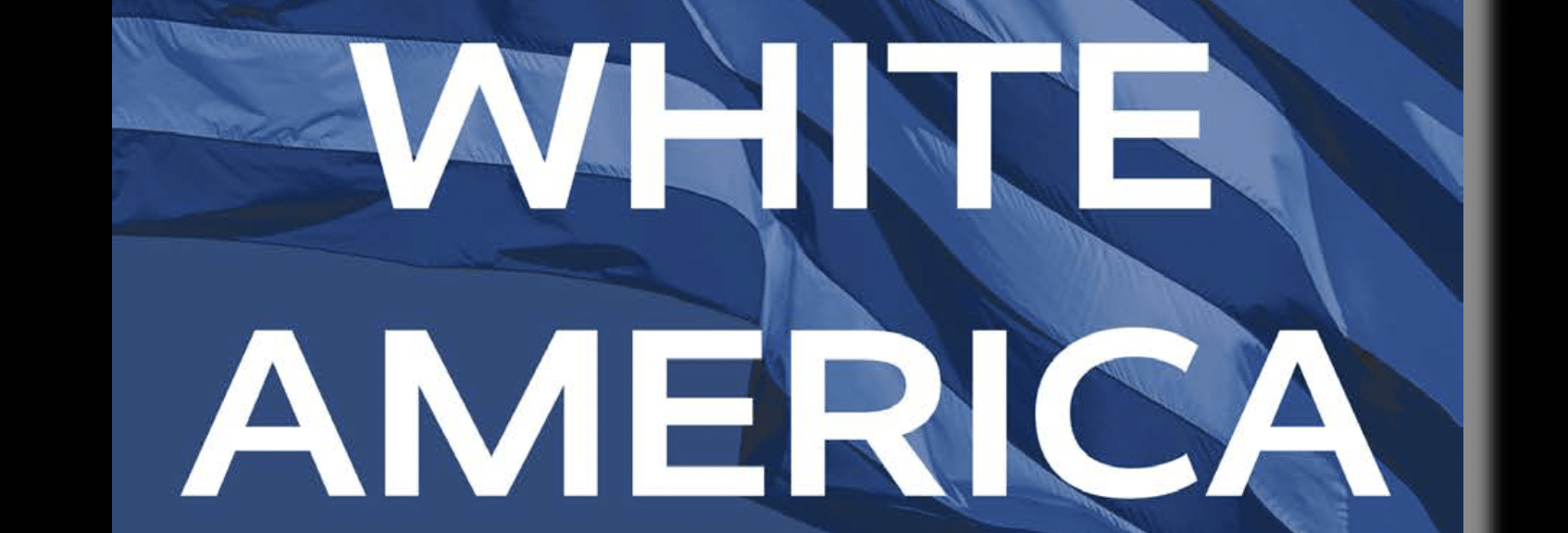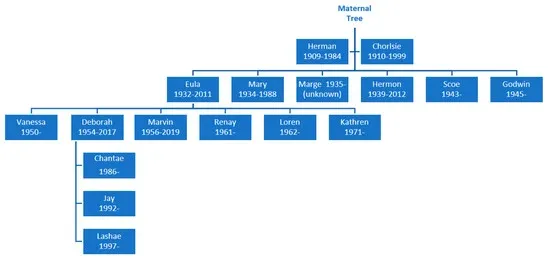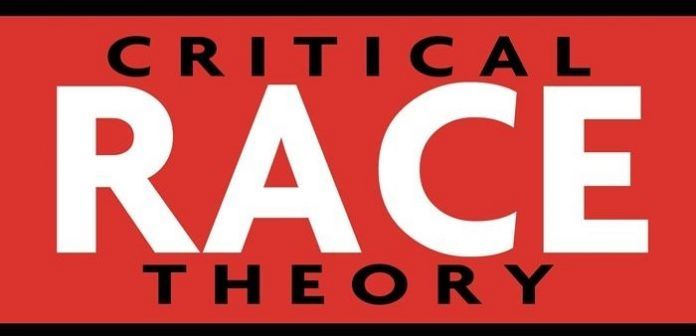Defending Ethnic Studies
Greetings to my newsletter and blog followers! I am shifting my blog and newsletter to Substack.
There’s a lot going on these days. I intend to offer a monthly commentary on events related to education and racial justice, and my most recent work.
You are probably aware of the January 29, 2025 White House Executive Order entitled “Ending Radical Indoctrination in K-12 Schooling.” It claims in part that “innocent children are compelled to adopt identities as either victims or oppressors solely based on their skin color and other immutable characteristics.” This—whatever it means in practice—will be deemed illegal and enforced through the withdrawal of federal funds to schools, teacher preparation programs, and any other education institutions that receive federal funds. At the same time, the White House proposes to resurrect the 1776 Commission with the charge of promoting a patriotic education. There is much that can be said about the vagueness of the executive order and what it might mean. More on that vagueness in a later post.
For now, so far Ethnic Studies (now required by several states and many additional school districts) is not exactly in the crosshairs of this executive order. But it could land there. Therefore, all of us should be familiar with the research that supports the academic value of Ethnic Studies.
Although ethnic studies was not designed specifically to close racial achievement gaps, it has a track record of doing exactly that.
In two studies of San Francisco Unified School District’s ninth-grade ethnic studies program, Stanford researchers Dee and Penner, and Bonilla, Dee, and Penner found the course to improve students’ grade point average, school attendance, and graduation. In other words, a course taken in ninth grade improved the GPA of students in other courses, and also their rate of high school graduation. Impressive!
Similarly, University of Arizona researchers Cabrera, Milam, Jaquette, and Marx found that participation in Tucson’s Mexican American Studies program raised students’ achievement on the state’s reading, writing, and math achievement tests and virtually closed racial achievement gaps; their study is published in the American Educational Research Journal. Several other studies have also documented gains in the achievement of K-12 students of color taking ethnic studies courses, but the studies described above are the largest in scale and strongest methodologically.
Two additional studies have found that majoring in ethnic studies at the university level benefits students of color academically. San Francisco State University researchers Sueyoshi and Sujitparapitaya found that students who major in ethnic studies graduate within six years at a much higher rate (92%) than students in other majors, and that students in other majors who take at least one ethnic studies course boost their graduation rates compared to students who do not. At the University of Louisville, researcher Tomarra A. Adams found that Black students who major in Pan-African Studies have a higher graduation rate than Black students who major in something else.
The consistently positive impact of Ethnic studies on the academic achievement of students of color is not due to ethnic studies watering down the curriculum (let alone compelling students to adopt identities as victims or oppressors!). Indeed, students usually describe it as more academically challenging than their other courses. By offering a relevant curriculum that speaks to issues of concern to their lives and communities, ethnic studies engages the knowledge students bring to the classroom, allowing them to draw from and recognize their own expertise. The classes offer an environment where relevant issues related to race and ethnicity can be addressed openly. Further, as students of color come to see education as relevant to addressing problems and needs in their communities, and themselves as academically capable, they gain confidence to thrive in school more generally.
So if you hear anyone attempting to argue that ethnic studies violates the Executive Order, you can tell them that, on the contrary, ethnic studies empowers students, and particularly students of color.
See you on Substack next month!
Christine Sleeter








